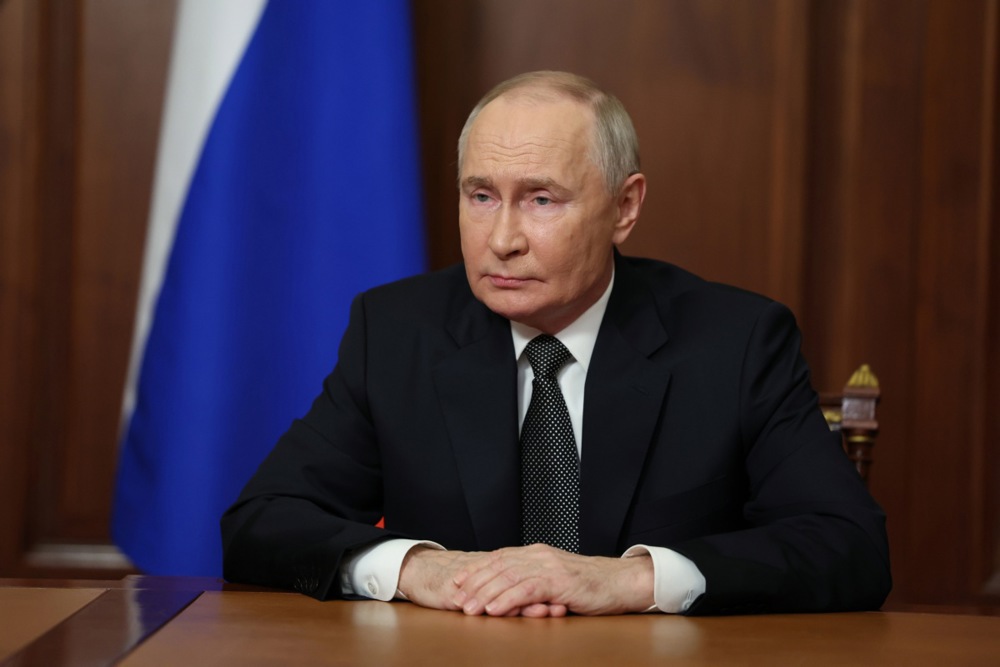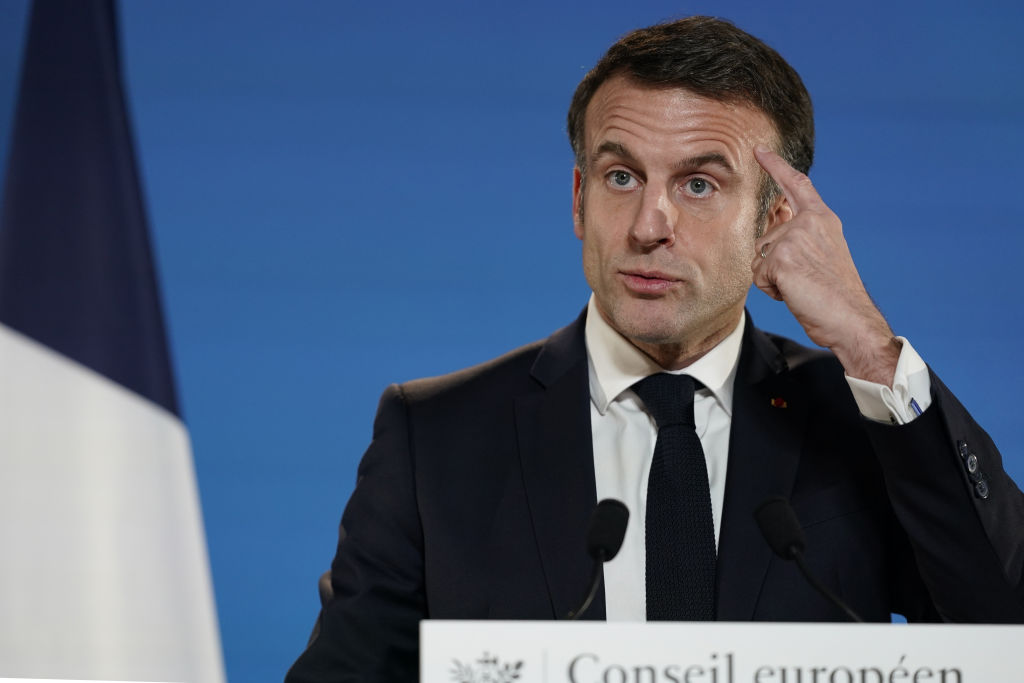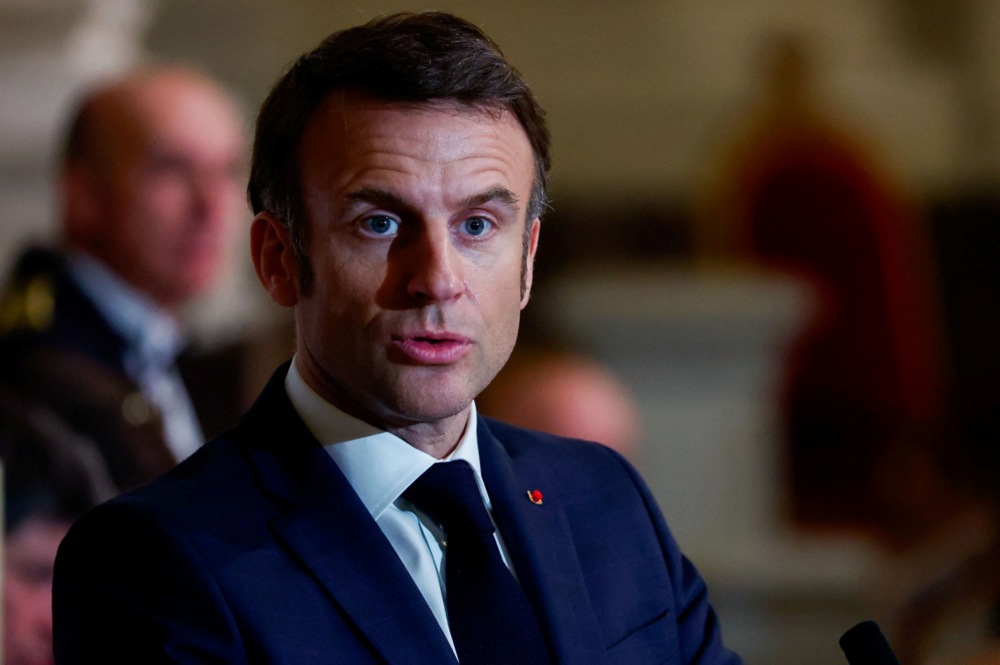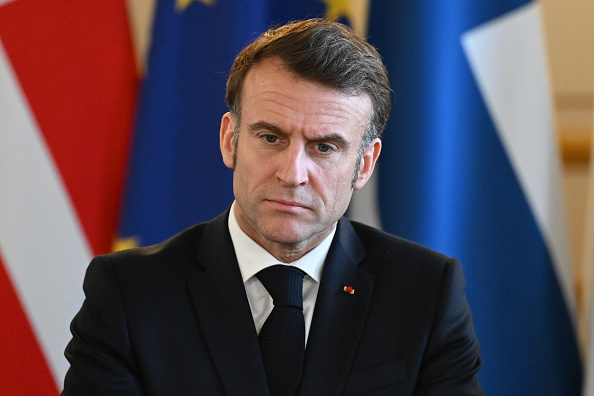French President Emmanuel Macron floated the idea that Geneva could host the peace meeting between Russian and Ukrainian leaders Vladimir Putin and Volodymyr Zelensky.
Speaking after meetings with EU leaders and Zelensky in Washington on August 18, Macron told French broadcaster LCI that the summit would “have to be in a neutral country”.
“It will have to be in a neutral country. Perhaps Switzerland, I am in favour of Geneva,” Macron said in an interview aired August 19 on French news channel LCI.
The French leader’s remarks come as a senior US administration official suggested Hungary could host instead, as reported by news agency Reuters.
Prime Minister Viktor Orban has been a close ally of Donald Trump and has been close to Russia.
Orbán’s government has long opposed EU military aid to Kyiv, saying it prolonged the war, and he has attacked sanctions on Russia as both ineffective and economically destructive for Europe.
In Brussels, Viktor Orbán’s Hungary is widely regarded as being far too close to Putin.
Hungarian Prime Minister Viktor Orbán has once again broken ranks with Brussels, refusing to sign a European Union joint statement that sought to set conditions for a US-Russia peace push on Ukraine. https://t.co/E8XkfAVfC8
— Brussels Signal (@brusselssignal) August 12, 2025
In his interview, the French president did not mince words about Russia’s intentions, casting Moscow as a direct menace to the continent.
“Russia is a predator, an ogre at our doorstep,” Macron said. “I am not saying France will be attacked tomorrow, but it is certainly a threat to Europeans. We must not be naïve.”
Addressing whether Zelensky would be forced to give up territory to Russia, Macron said it was “up to Ukraine”.
“Ukraine will make the concessions it deems just and right,” he said, before adding that we should be careful not to open a Pandora’s box.
“We must be very careful when we talk about recognising territorial rights, because if we accept that international guarantor states can allow territories to be seized by force, we open Pandora’s box. Ukraine will make the concessions it deems right and fair,” he added.
He argued an outcome would embolden Russia, destabilise Europe, and threaten the international order built since World War II.
“If peace were to mean Ukraine’s capitulation, that would be dramatic. It would be dramatic for Ukraine and its people, but also for Europeans, because it would mean that a nuclear power, with an army of at least 1.3 million men spending 40 per cent of its budget on defence, would be getting closer to our borders.”
“That would be a threat to our security, and it would mean the collapse of the international order we have built over 70 years,” he said.





